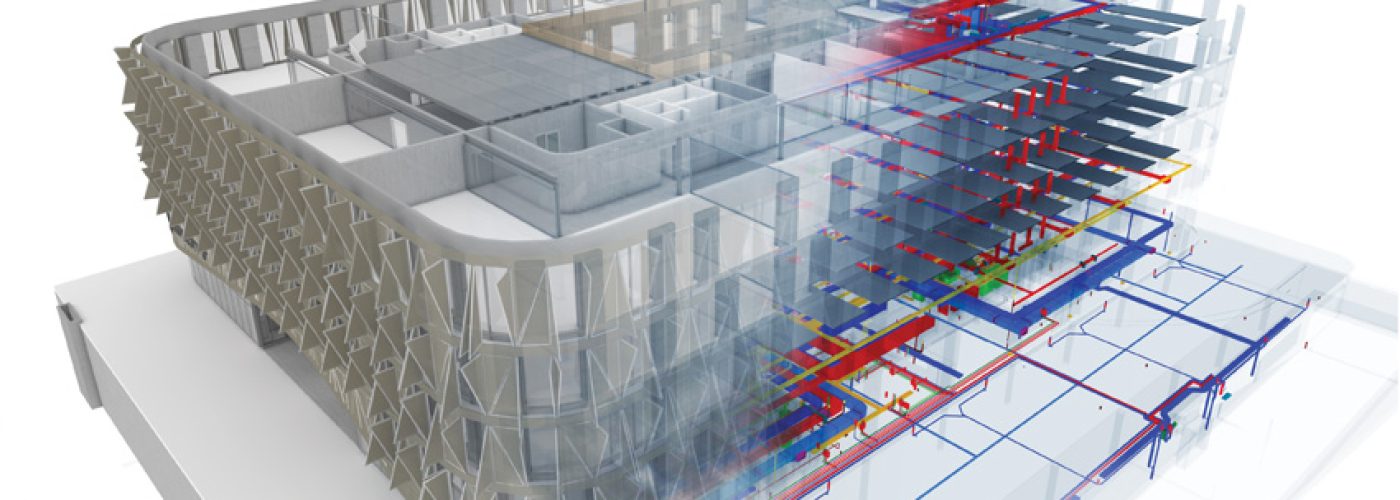As with most industries, evolving technology is changing the way that the construction industry operates. With engineers increasingly using software for architectural purposes, could we also see other roles within the industry change too e.g. robots performing manual tasks, or building design via virtual reality (VR)?
In this article, structure design software specialists, Oasys, investigate potential changes that could be on the way with regard to both builders and construction workers, as our world becomes more advanced with technology.
Will jobs be under threat?
This is a common question that is asked in the workplace, but the answer is never a simple ‘yes’ or ‘no’. Technology will not steal our jobs, but just replace us as we shift roles. But how will this impact the construction industry? To understand, we need to have an oversight on statistics that have been released regarding this issue.
Boston Consulting Group has said that by 2025, up to a quarter of jobs will be replaced by smart software or robots. This includes a range of professions, from factory workers to doctors, and even journalists. However, a study carried out by Oxford University has said that 35% of existing jobs in Britain are at risk of automation in the next 20 years.
In terms of reduction in physical workers, there is a lot of uncertainty. However, this can be challenged if we start preparing early and encourage current and future workers to adapt to the changes. This could include advancing their own skillset with a focus on how they can do their job better with the use of technology.
Evolving technology, evolving roles?
With news that implies technology will replace physical workers, it is often forgotten that people need to manage this technology and make sure that it is operating correctly. It’s also left unmentioned that workers will need to use technology, and that leads us to the decision that in the construction industry, builders of the future will become programmers.
Over the years, we have seen constant changes in the way we work, and the construction sector has been very accepting to new and innovative methods to make jobs easier. From hammers to nail guns, shovels to diggers — and now practical labour to programming.
However, this cannot be achieved overnight. Programming is a topic that schools around the UK should be looking to implement into their curriculums as a core subject to keep up with the demand of jobs and to keep up with the constant changes in technology. If we’re teaching young people old ways, they will be useless when it comes to doing the work and there might not even be jobs available that match their skillsets. With the constant growth in technology surrounding construction, young people need to be prepared with the skills and this shouldn’t be up for debate. Like the studies discussed earlier, more jobs are at risk of being lost due to smart software and robots. Workers need to be as good as the technology.
When it comes to a common piece of software that is used in construction, Building Information Modelling (BIM) is an element that can be beneficial, as it allows the appropriate people to access all of the information about a project in one place. It can look at key stages of a project across the lifecycle of a job and provide the information that is needed. This can save both time and money for any construction company and allows builders to have a clear oversight. BIM can help illustrate the entire building, from starting processes to its demolition, and can even show how materials can be reused.
This suggests that technology is taking over, and if people want to remain in the loop of having a career and developing personally with the changes, it’s best to start sooner rather than later.
Sources:
http://www.bbc.co.uk/news/technology-33327659
https://www.theguardian.com/technology/2016/mar/19/robot-based-economy-san-francisco





